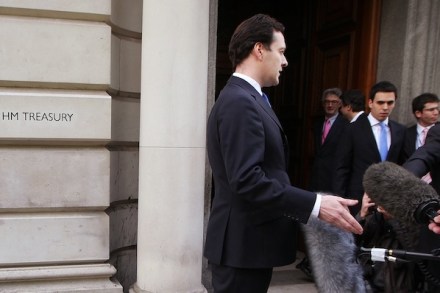Morning of the Blunt Knives – Spectator Blogs
Provided you remember a few simple rules the Expectations Game should be the easiest test to pass in politics. It is not complicated: under-promise and over-deliver. Or, more succinctly, never hype anything. So only fools trail a cabinet reshuffle with the suggestion it will be some kind of transformational shot-in-the-arm for the government. First, doing so concedes that your government is not doing very well at present (otherwise there’d be no need for the reshuffle); second it all-but-demands the press responds to the reshuffle with extra vinegar and cynicism. Is this it? Blimey. Better by far to promise little and actually clear the bar you’ve set at a modest level




















